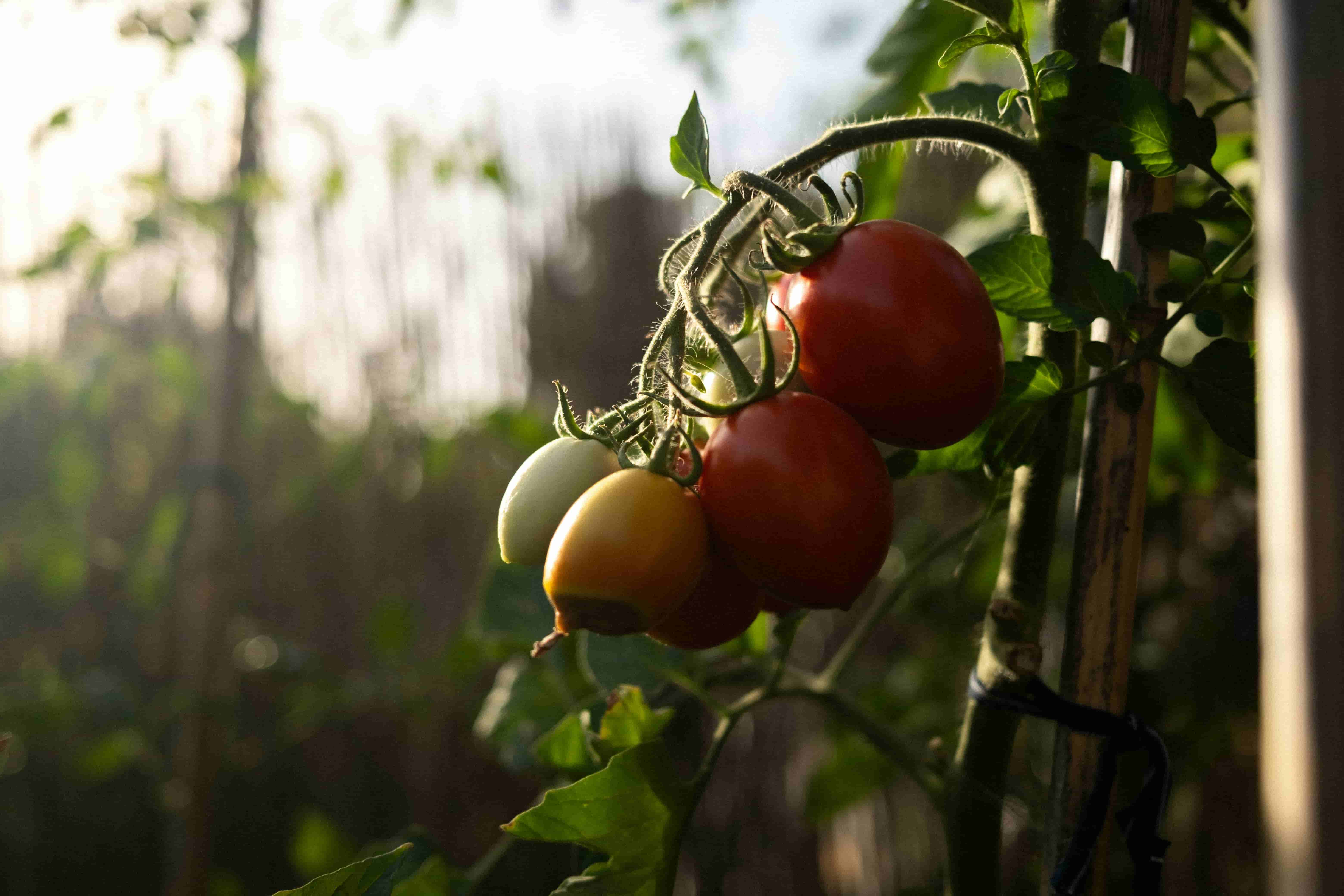Plants have hidden allies in the soil: microorganisms that live within their roots, stems, and leaves, called endophytes. These organisms form symbiotic relationships with plants, helping them grow, resist stress, and fight off diseases. A new study has uncovered a novel fungal species, Leptobacillium sp. Sl27, which has the potential to boost tomato plant growth and quality. This discovery highlights the promise of using beneficial microbes to make agriculture more sustainable.
The Quest for a Beneficial Fungi
Researchers began their search in traditional tomato varieties, known as landraces, grown in Spain. These older, locally adapted tomato plants are often hardier and more resistant to stress than commercial varieties, partly due to the unique microbial communities living in their roots.
The team isolated several fungi from the roots of healthy tomato plants and identified one particularly intriguing strain, Leptobacillium sp. Sl27. Unlike previously studied fungal species, Sl27 stood out because of its unique genetic makeup and its potential to enhance plant growth.
How This Fungus Works
The researchers conducted extensive experiments in growth chambers and greenhouses to understand how Sl27 interacts with tomato plants. They inoculated tomato seeds with the fungus and monitored the plants over several weeks. Remarkably, Sl27 did not harm the plants - instead, it provided measurable benefits. The effects varied by tomato variety, with the TH-30 variety showing the most significant improvements in root length, shoot strength, and chlorophyll levels.
Interestingly, fruits from Sl27-inoculated plants also contained more lycopene, a compound known for its health benefits and vibrant red color. This suggests that Sl27 not only boosts plant growth but also enhances fruit quality.
The Science Behind the Benefits
Sl27 works its magic in several ways. First, it produces siderophores, molecules that help plants absorb iron - a critical nutrient often lacking in soils. It also releases small amounts of indole-3-acetic acid (IAA), a hormone that stimulates root growth. These mechanisms enable the fungus to support the plant's health and development, particularly under challenging conditions like nutrient-poor soils or heat stress.
Additionally, Sl27 was found to thrive in slightly acidic conditions, similar to those found in most agricultural soils. This makes it an ideal candidate for real-world applications, as it can adapt to diverse growing environments without requiring specialized care.
Why This Matters for Agriculture
The discovery of Sl27 offers a sustainable alternative to chemical fertilizers and pesticides. By improving plant health and resilience naturally, this fungus reduces the need for synthetic inputs, which can harm the environment. It also addresses the growing demand for eco-friendly farming practices, particularly in the face of climate change.
Tomatoes are one of the most widely grown crops worldwide, and enhancing their productivity could have significant economic and nutritional impacts. Using beneficial fungi like Sl27 could pave the way for healthier crops, better yields, and more sustainable farming systems.
Looking Ahead
While the findings are promising, further research is needed to fully understand Sl27’s potential. Future studies will explore how the fungus performs in different climates and soil types and whether it can benefit other crops. Scientists are also interested in identifying the specific compounds produced by Sl27 that contribute to its beneficial effects.
This discovery marks an exciting step forward in agricultural research. By harnessing the power of natural plant-microbe partnerships, we can move toward a greener, more resilient future for farming. The humble fungus Sl27 might just be the key to unlocking a new era of sustainable agriculture.


